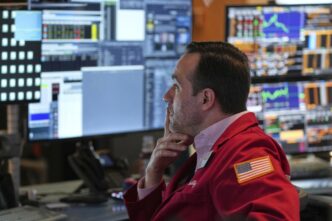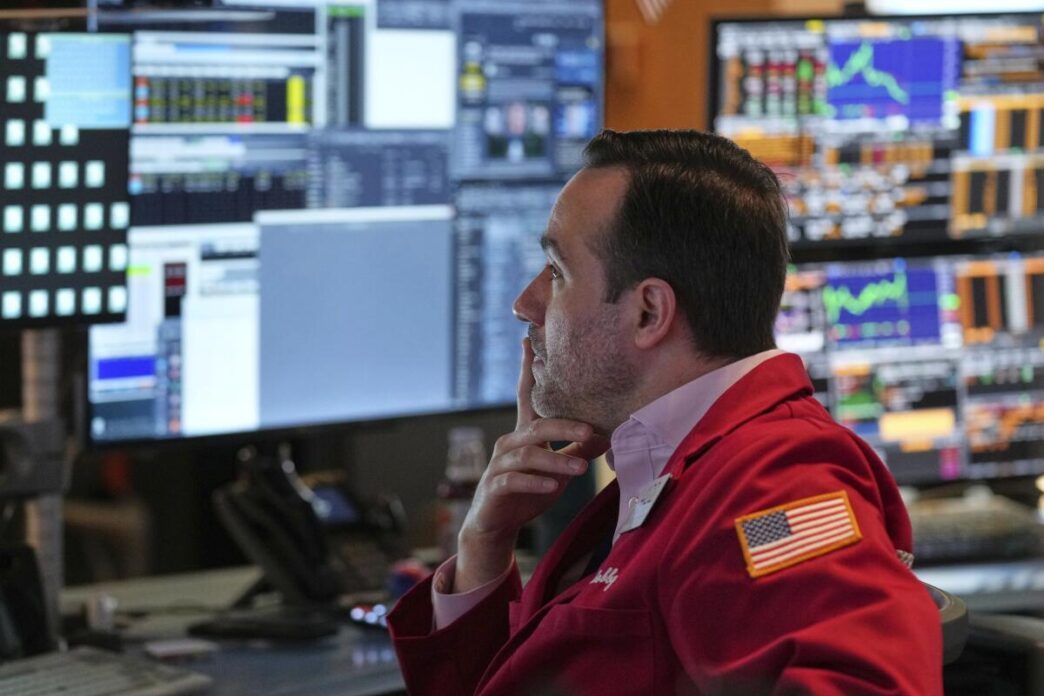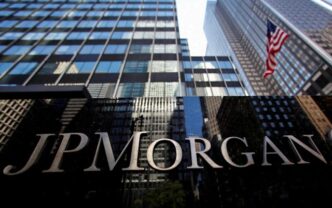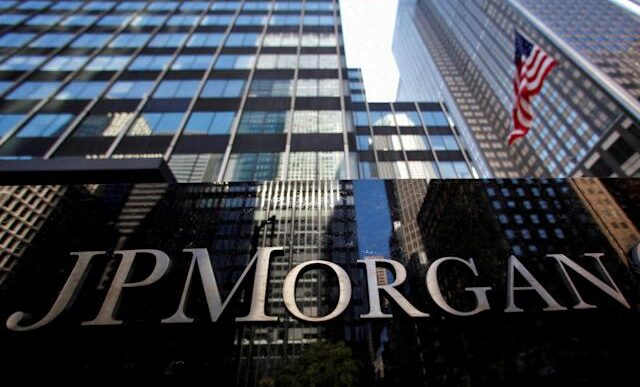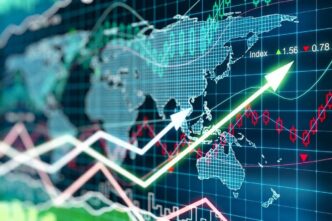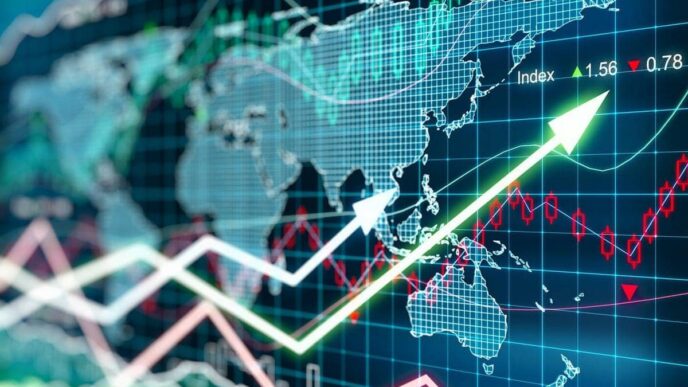Global financial markets are reeling as tensions between the United States and China enter a dangerous new phase. China has announced sweeping 34% tariffs on all U.S. imports, a retaliatory move in response to President Donald Trump’s latest round of “Liberation Day” tariffs. The escalation has triggered a broad sell-off across global markets and sparked fresh concerns of a looming global recession.
China Strikes Back with Aggressive Tariffs
The new Chinese tariffs, set to take effect on April 10, represent one of the most aggressive responses yet in the ongoing trade standoff. The decision comes just days after the U.S. introduced its own set of punitive tariffs aimed at Chinese exports. With neither side backing down, what began as a strategic negotiation tool is now evolving into a full-scale trade war.
Stock Markets Slide Worldwide
The announcement had an immediate and chilling effect on global markets. Major indices in Asia tumbled—Japan’s Nikkei 225 lost 2.9%, South Korea’s Kospi dropped 1.5%, and Hong Kong’s Hang Seng fell 1.4%. In Europe, the FTSE 100 plunged 3.8%, hitting a three-month low. Meanwhile, U.S. futures pointed to a sharp decline, with the Dow Jones Industrial Average down nearly 1,100 points, and S&P 500 and NASDAQ futures sliding 2.53% and 2.73%, respectively.
Investors Flock to Safe-Haven Assets
In the midst of rising uncertainty, investors are fleeing riskier assets and turning toward traditional safe-havens. Gold prices surged, nearing all-time highs, while government bond yields dipped, signaling increased demand. In contrast, oil prices dropped nearly 8%, reflecting investor fears of reduced global trade and lower energy demand.
Recession Risks on the Rise
Economists and institutions like the International Monetary Fund (IMF) are warning of deepening risks to global growth. Even with the U.S. reporting strong job gains—228,000 jobs added in March—the unemployment rate ticked up to 4.2%, hinting at underlying labor market concerns. Analysts warn that rising tariffs could soon lead to job losses, disrupted supply chains, and higher consumer prices across the board.
Global Leaders Respond
International reactions have been swift. The European Union is reportedly preparing its own countermeasures, while the United Kingdom has voiced disappointment and is in talks with Washington to reduce the fallout. As global powers scramble to adjust, fears are mounting that this dispute could stretch into a prolonged economic conflict with no clear resolution in sight.
Looking Ahead
With no signs of de-escalation, markets are bracing for continued volatility. The standoff between Washington and Beijing has already sent shockwaves through the global economy—and further escalation could deepen the damage.
Investors, policymakers, and businesses around the world are now on high alert, watching closely as the world’s two largest economies edge closer to a prolonged and potentially devastating economic confrontation.

